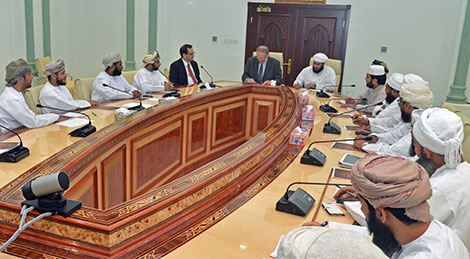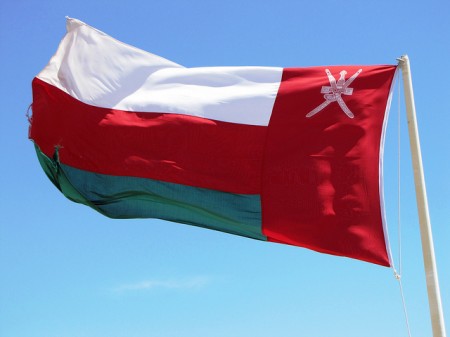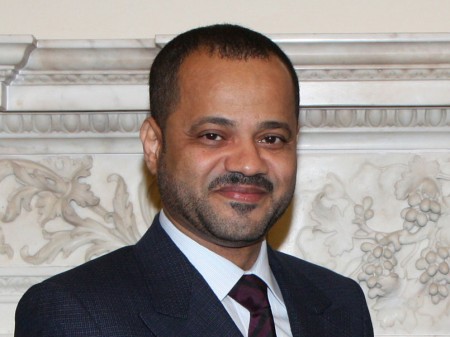
Mediation Perspectives is a periodic blog entry that’s provided by the CSS’ Mediation Support Team and occasional guest authors. Each entry is designed to highlight the utility of mediation approaches in dealing with violent political conflicts. To keep up to date with the Mediation Support Team, you can sign up to their newsletter here.
The Sultanate of Oman is a peaceful country on the southeastern shores of the Arabian Peninsula. The 2016 Global Terrorism Index gives the country a score of “0”, which means there is “no impact of terrorism” within its borders. It’s noteworthy that Oman is the only country in the Middle East and North Africa (MENA) with such a score, which makes it one of the safest countries in the world.
There are several factors that explain Oman’s internal security. It is a relatively wealthy nation, its ruler – Sultan Qaboos – believes in progressive governance, and Omanis share a meticulous approach to mediation, which is shaped in part by Ibadi Islamic law. (Ibadism is the form of Islam practiced by the majority of the population in Oman. It’s an ancient and ascetic branch of Islam that dates to the first century A.H. and is respected by both Sunni and Shia jurists for its rigorous and scholastic approach to jurisprudence, among other features.) Given these helpful influences and the stature of Ibadism, it is justifiable to argue that Oman’s unique method of mediation may provide one of the keys to resolving conflicts that have both intra-extra-Islamic dimensions.


